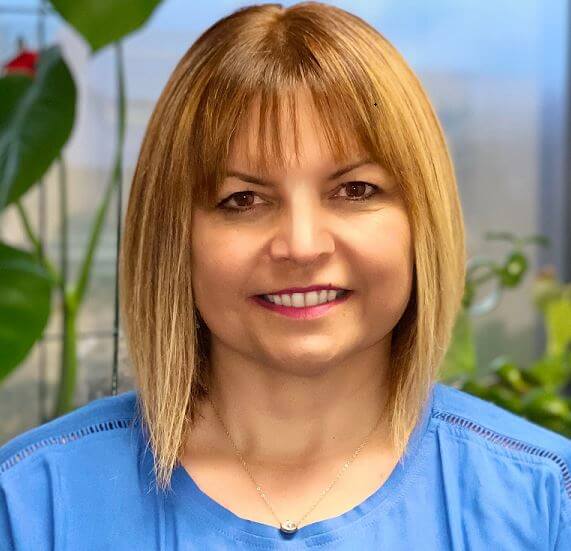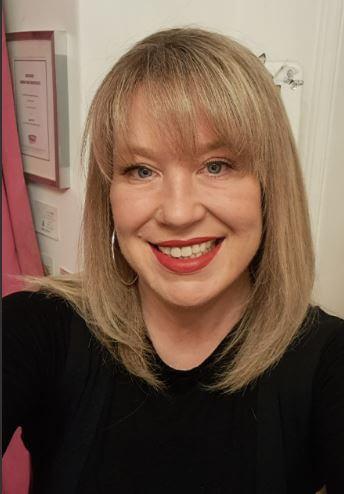Suicide prevention apps lack input from those with experience, according to new study

The vast majority of online suicide prevention tools have not been co-designed by those with experience of mental health concerns, which may mean users do not engage as effectively, according to a new study.
Dr Dianne Wepa, Associate Professor in Mental Health at the University of Bradford, said: “There are more than 10,000 apps and websites aimed at suicide prevention but very few retain users. This could be because they have not had enough input at the design stage from people who have lost friends, family members or patients to suicide, or those who have suffered suicidal thoughts."
Dr Wepa conducted a preliminary study with a Patient and Public Involvement (PPI) group including those who had lost a family member to suicide or had previously had mental health concerns, as well as carers.
They looked at 54 studies, both in academic research papers and “grey data” for example conducted by social media companies or charities, which had analysed thousands of suicide prevention apps and websites.
The group concluded from the data that those with lived experience of suicide were only “passively involved” in the online tools analysed.
Dr Wepa said: “Out of the 54 studies, only seven articles showed service users were involved in the design of the apps and websites they analysed, and that involvement was at a later stage of development, mainly to give opinions in focus or advisory groups. They were only passively involved in the process.
“The data showed none of the apps and sites analysed were truly co-designed from the start of the process by those with experience."

Dr Wepa's research group involved nine "Experts by Experience," including Jimmy Vaughan who recently met with Prime Minister Rishi Sunak to discuss his "Stop the Stigma" around mental health campaign and Sally Cusworth, a former secondary school teacher from Leeds who is a recovering alcoholic.
Sally, 47, Chairperson for Dr Wepa's Digital Health Tool and Suicide Prevention Group, said: "As a group, we have diverse experiences of our own as well as being actively involved in community mental health groups, so we can aim to empathise with what people are going through and what they might want from an app or website.
"I have a degree in psychology so I could look at the research from an academic angle, but I have also suffered complex mental health problems for 35 years. Two of my closest friends have lost loved ones to suicide. It's a subject that's close to home to all of us in the group, which is why we are passionate about improving the situation.
"Twenty years ago, it wouldn't have occurred to me to seek help for my mental health concerns from a website, but today, people - particularly younger people - are more likely to turn to a digital tool.
"With more than 10,000 available, where do you start?
"If someone turns to an app or website when they have suicidal thoughts and that gets them through the next 24 hours, then you have reduced the risk of suicide for 24 hours. But ultimately, mental health concerns and addiction are isolating so you need to find a way to connect with people long-term, whether that's through technology or another way.
"Engaging someone doesn't have to mean a conversation. Sometimes it's enough to read or hear people talking about their experiences and then you don't feel so alone. Shared experience can reduce fear and promote awareness and understanding of what that person is experiencing. They can provide messages of hope and survival as well as support available which ultimately could provide empowerment and encouragement."

The research group gave the example of the Virtual Hope Box, developed by the US Center to Improve Veteran Involvement in Care and the Department of Defense and recommended by the NHS, as one that is likely to keep users engaged. .
Dr Wepa said: “It is in six languages, it has the highest level of acceptability by users which means the app uses friendly and compassionate language, and it keeps users engaged with quizzes, mindfulness activities and a phone tree to ring support people when distressed. Users want all the information on one site, they don’t want to be signposted to a phone number or another organisation.
“An app or website needs to keep a person in crisis engaged. If it doesn't, that person may disengage and not go looking for help elsewhere, which may lead to tragic consequences."
Dr Wepa’s protocol for a scoping review has been published in the British Medical Journal. Phase Two of the study is underway with the publication of a scoping review due for release in June 2023. She hopes to attract more funding to further her research with a proof-of-concept design and the ultimate aim of co-designing a digital health tool for suicide prevention.
* If you or someone you know is struggling with their mental health, Samaritans has a free 24 hour helpline. Call 116 123 or visit www.samaritans.org
